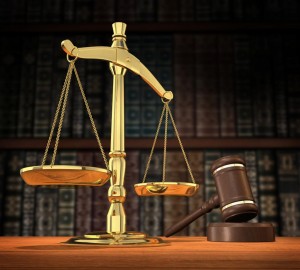Weekly Reading Response
I found the most interesting of this weeks assigned readings/viewings to be Chapter 7 “Owning the Past” As a low school bound undergraduate reading about how copyright law is an ever evolving set of principles was particularly interesting. The article discusses the idea that the law needs to be balanced to protect both consumers and producers.
I found that the article tended to side with the consumer stating that ” To see intellectual work entirely as “property” undercuts the norms of sharing and collaboration that are integral to a field like history.” The article argues that instead this should be viewed as a “commons” to be shared with some protective limitations. In my opinion the article strives away from what would be legally sound advice and instead asserts it’s own opinions which in the realm of the legal system are merely opinions and therefore do not have any sort of legal substance. They state that “we depart from the conventional wisdom of dozens of copyright guides, whose favorite phrases are “do not,” “ask permission,” and “err on the side of caution.”” Although from a policy standpoint I might agree that as we advance into the digital age copyright laws can be invasive and often annoying. I think we all have attempted to watch a youtube video and thought the sound choice was odd only to realize that the original audio was removed due to copy right infringement. However from a legal standpoint personal opinion ceases to matter and the law prevails. I think it’s important that we realize who writes the article when we read things like this especially since the author acknowledges that he is not a lawyer and that it is not sound legal advice.
Although I felt the author was overstepping by asserting legal opinions I did enjoy reading about the history of copyright law. “Noah Webster, who was trying to protect the revenues flowing from his best-selling American Spelling Book, successfully lobbied the Connecticut State Legislature to pass the new nation’s first copyright law in 1783. It gave authors control over the printing and publishing of their work for fourteen years with the option of a fourteen-year renewal” Although it was first implemented over two hundred years ago in many ways the principles behind the application of the law haven’t changed. Publishers today still copyright published materials for the same reasons and in the same medium although with the invention of the internet there are now more mediums to patrol.


Leave a Reply